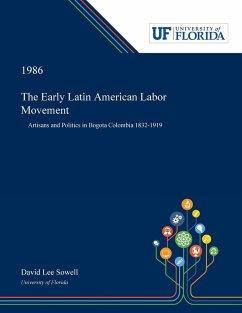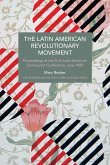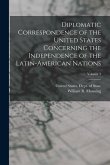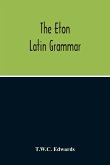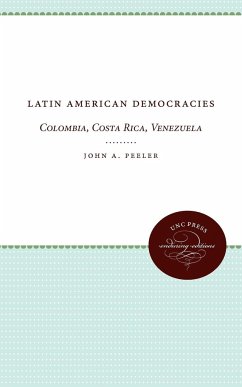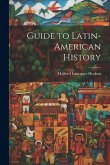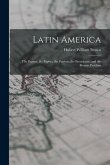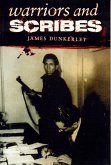Abstract: Artisans participated actively in the politics of Bogoti during the first century of Colombia's nationhood. Craftsmen pursued various political objectives, foremost being the desire for tariff protection from the increased competition of foreign goods brought on by Colombia's fuller integration into the North Atlantic economy. Artisans also sought industrial education to improve their crafts, programs to enhance their social welfare, effective political participation, and an end to the partisan strife that ravaged the country. The initial opening for formal political expression came not from craftsmen, however, but as a result of the struggle for power between the Conservative and Liberal parties. In 1838, members of both groups helped organize societies designed to inculcate in artisans the ideologies of the emerging parties, including the concept of popular political participation. Ten years later, when tariff reform threatened the interests of Bogota's craft sector, artisans organized to defend themselves. Throughout the period of liberal reform (1847-54), artisans were integral factors in the capital's politics. The artisans' participation in the coup of Jose Maria Melo in 1854 signaled a recognition on their part that many of the reforms were contrary to their best interests. Thereafter, craftsmen pursued objectives consistent with their own socioeconomic interests and most attempted to isolate themselves from the partisan political struggle. By the 1870s, a combination of factors fragmented the artisan class, weakening its ability to organize the large groups common to earlier years. In the latter years of the nineteenth century, the artisan elites sought to protect themselves in mutual aid organizations, while the "rank and file" craftsmen were left without organized political expression. During the early years of the twentieth century, wage laborers began to emerge as important components of Bogota's working population. Several organizations attempted to represent the interests of both artisans and workers, but by the 1910s workers had assumed domination of the city's labor movement. Dissertation Discovery Company and the University of Florida are dedicated to making scholarly works more discoverable and accessible throughout the world. This dissertation, "The Early Latin American Labor Movement" by David Lee Sowell, was obtained from the University of Florida and is being sold with permission from the author. A free digital copy of this work may also be found in the university's institutional repository, the IR@UF. The content of this dissertation has not been altered in any way. We have altered the formatting in order to facilitate the ease of printing and reading of the dissertation.
Hinweis: Dieser Artikel kann nur an eine deutsche Lieferadresse ausgeliefert werden.
Hinweis: Dieser Artikel kann nur an eine deutsche Lieferadresse ausgeliefert werden.

